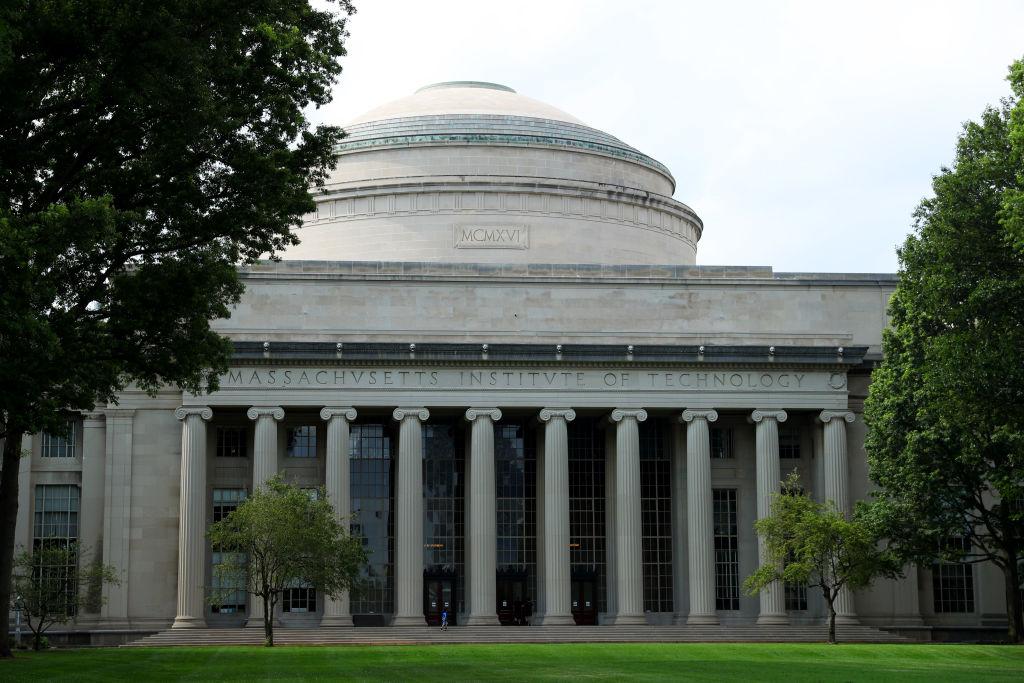Rising anti-Semitism at Massachusetts Institute of Technology (MIT) and the administration’s inability to manage it appropriately have created an “unsafe environment for Jewish and Israeli students on campus,” according to a letter signed by over 1,700 current and former students.
“Over the past five weeks since Hamas’s deadly act of terror against Israel on October 7th, MIT students have been subjected to an onslaught of anti-Semitic harassment and hate speech on campus from members and supporters of the Coalition Against Apartheid (CAA), an ASA-approved, MIT-funded anti-Israel group,” the Nov. 13 letter said.





